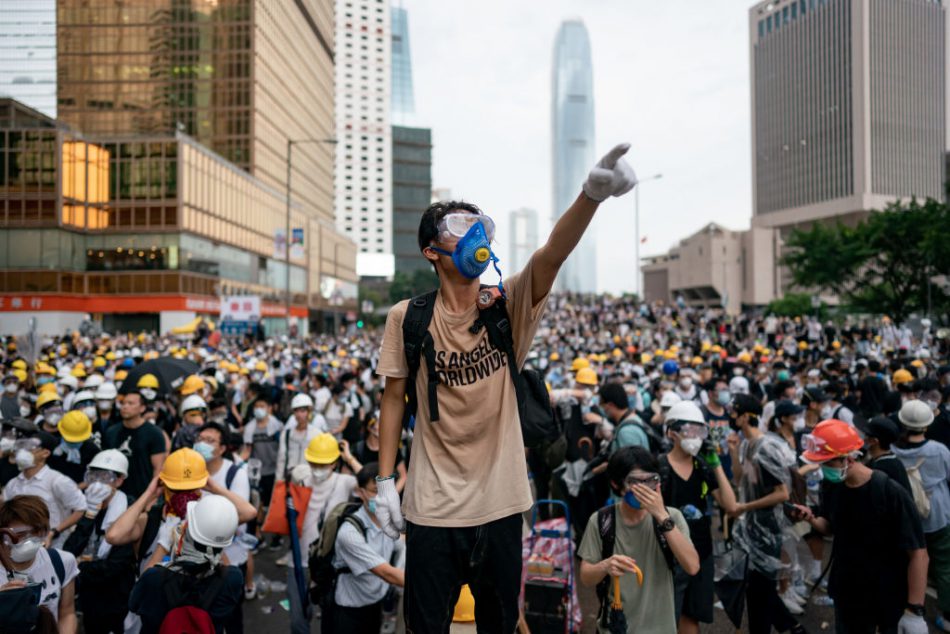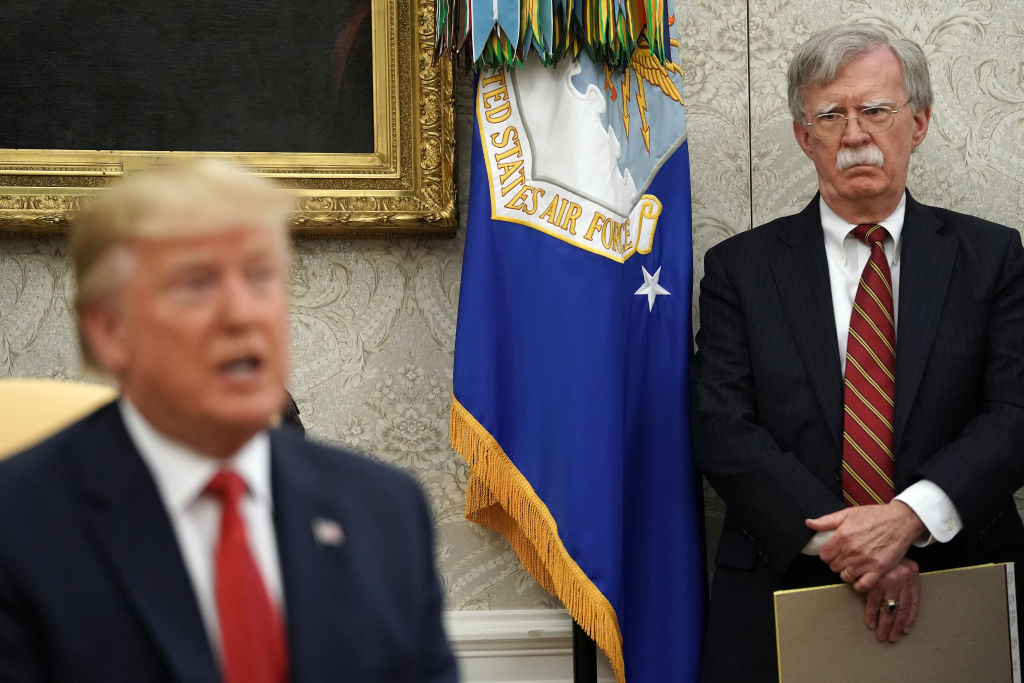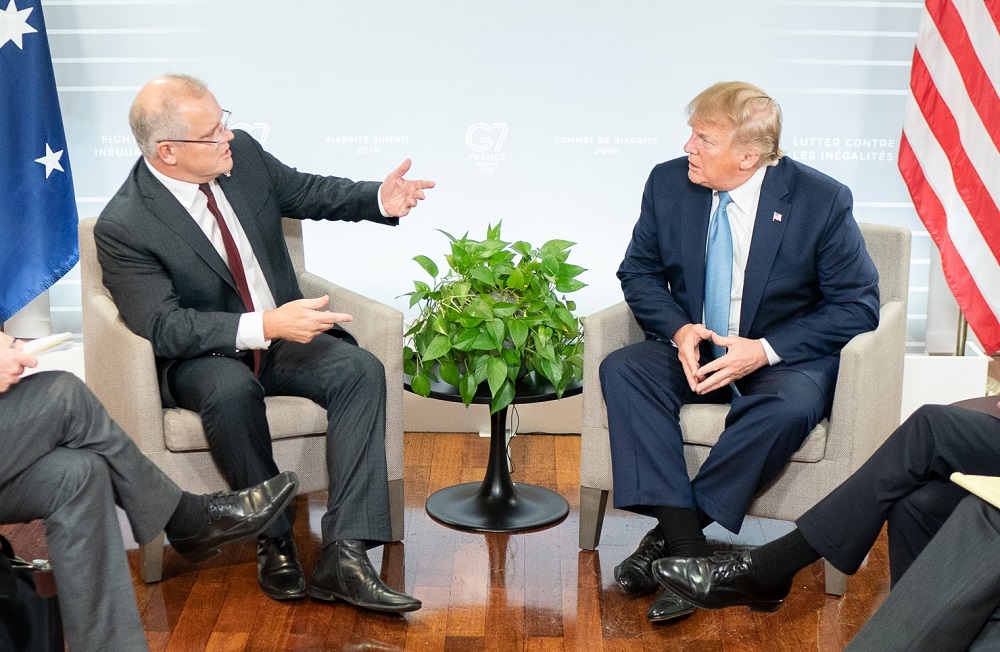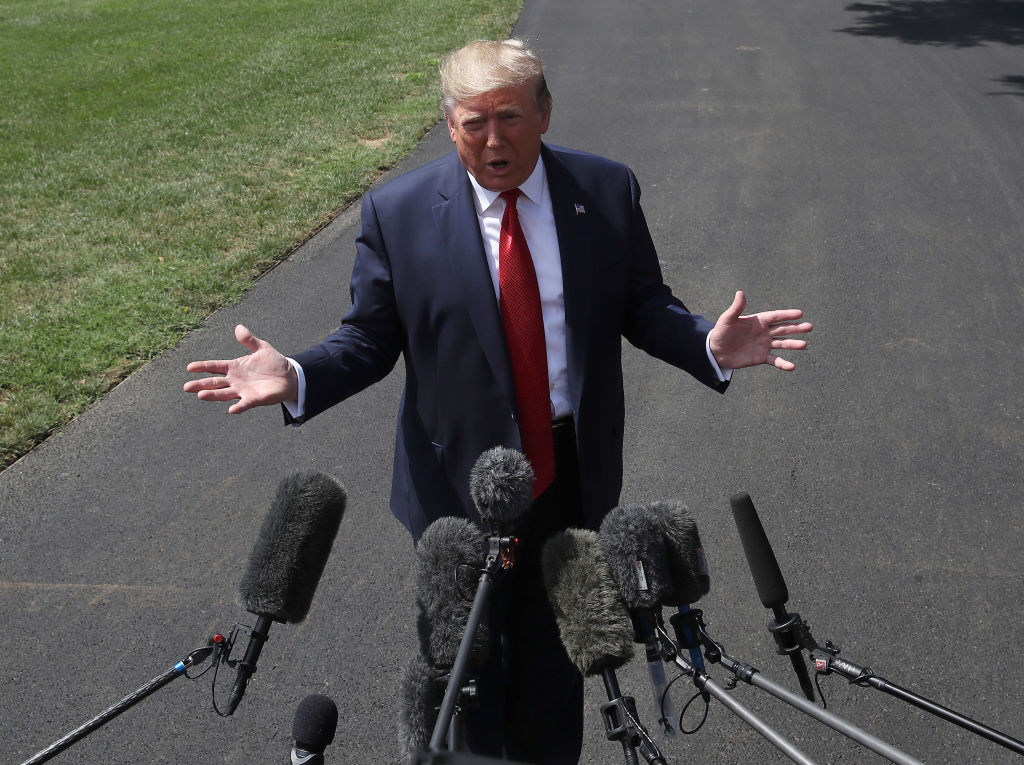The 11th Madeleine Award: best and worst of times

‘It was the best of times, it was the worst of times, it was the age of wisdom, it was the age of foolishness, it was the epoch of belief, it was the epoch of incredulity, it was the season of Light, it was the season of Darkness, it was the spring of hope, it was the winter of despair, we had everything before us, we had nothing before us, we were all going direct to Heaven, we were all going direct the other way …’
— Charles Dickens, A tale of two cities
The greatest declaratory opening to a novel is always a go-to for politicians and pundits wanting to bet both ways. I once heard Malaysia’s Mahathir Mohamad speechify these lines, long ago, at the height of his Asian-values-win/Western-values-lose period.
The best and worst of times is the literary lamp to hang on the change from one decade to the next. Skip blithely by the Georgian calendar pedants; it says 2020 on the box, folks, the new roaring ’20s have arrived.
Compress Dickens into one sharp sentence from former US Secretary of State Madeleine Albright (in her Fascism: a warning): ‘I am an optimist who worries a lot.’
Albright is our guide because the annual prize she inspired—the Madeleine Award for the use of symbol, stunt, prop, gesture or jest—also enters a new decade. Sending diplomatic meaning via the brooches worn on her lapel, Albright’s messaging wasn’t about ‘read my lips’, it was ‘read my pins’.
Let’s start these awards by honouring the device that symbolises the first decade of the Madeleines: the smartphone.
By the middle of the decade, you could marvel that a Maasai warrior on a smartphone in the middle of Kenya had better mobile communication than President Ronald Reagan did while in office in the 1980s. And a 13-year-old kid with a smartphone could access more information than President Bill Clinton 20 years earlier—although Clinton’s information was more reliable.
The digital device we constantly nod to (and worship and adore) is the symbol of the age of President Donald Trump. The tweeting hairdo continues to amaze, even as the sense of shock numbs.
Last year, the judges embraced the thought that Trump’s foreign-policy game theory is from Dungeons and Dragons. He’s playing as a ‘chaotic neutral’, ‘an individualist, neither good nor evil, who cares little for rules or precedence and thrives in spontaneity’. The trouble with this is the premise that The Donald has a foreign policy theory.
Perhaps the US president can’t be analysed in terms of psychology and strategy and motivation.
Instead, ‘The key is to remember that Donald Trump is not a person. He’s a TV character.’ That insight is from James Poniewozik, chief television critic of the New York Times. TV was born at the same time as Trump, Poniewozik writes, and TV is his soulmate. Trump thinks like a TV camera:
If you want to understand what President Trump will do in any situation, then, it’s more helpful to ask: What would TV do? What does TV want?
It wants conflict. It wants excitement. If there is something that can blow up, it should blow up. It wants a fight. It wants more. It is always eating and never full.
The TV lens explains why Trump was never a good fit with his 2018–19 national security adviser, John Bolton. It wasn’t just Bolton’s warmongering, it was that walrus moustache. The presidential hair helmet couldn’t share the set with that bristling upper lip.
The Donald is a champion bullshitter—a person who claims ‘knowledge or expertise in an area where they actually have little experience or skill’. And the US sits near the top of the bullshitting table, just behind Canada.
A survey of 40,000 people found that Australia trails Canada and the US as a nation of bulldust artists, but the people of Oz are better at bluff, bull and baloney than New Zealanders and Britons. Have I got a Sydney Harbour Bridge to sell you …
One of the minor Madeleine prizes is the OOPS! (‘I wish I hadn’t …!’) for blunders and bloopers. A classic OOPS! winner was Tony Abbott for this election campaign masterpiece: ‘No one, no matter how smart, no matter how well educated, no matter however experienced, is the suppository of all wisdom.’
The OOPS! has been dubbed ‘the Boris’, honouring a dishevelled Tory politician who, when sacked from the UK shadow cabinet in 2004, pronounced: ‘There are no disasters, only opportunities. And, indeed, opportunities for fresh disasters.’
Boris has turned ‘creative incompetence’ into a potent election-winning device. The hand of fate sprinkles gold on the ham of fate. To honour this performance, Boris Johnson receives a rare Golden Reverse OOPS!
Now to the main event: the Madeleine. The judges note the creativity and importance of protests, as the global gag on free speech tightens in democracies and dictatorships.
See the outbreak of ‘milkshaking’: politicians amid the voters traditionally had to beware of custard pies, eggs and shoes. Now, add the danger of a well-aimed milkshake.
Protest as performance art hit a new level in Kazakhstan when 22-year-old Aslan Sagutdinov stood in a city centre and held up a big blank sheet of paper. He was arrested by police, but they let him go when they couldn’t think of a charge.
As Sagutdinov commented: ‘I want to show that the idiocy in our country has gotten so strong that the police will detain me now even though there are no inscriptions, no slogans, without my chanting or saying anything.’
The big, rolling protest of 2019 is embodied in the phrase ‘be water’.
The martial arts philosophy of Bruce Lee animates the Hong Kong demonstrations. Protestors ‘gather like dew’ or ‘scatter like mist’, seek to escape by being ‘fluid like water’, and if they have to fight must be ‘hard like ice’.
The concept of one country, two systems boils. Perhaps it is going up in steam. Can water deliver a Hong Kong future that China can live with?
As China expert Kerry Brown commented: ‘It was as though a whole generation had become wedded to protest at whatever the cost and the administration which was meant to supply security had run out of ideas.’
The meaning and the outcome of the Hong Kong protests is yet to arrive. Whether it becomes tragedy or triumph, the protestors of Hong Kong are the winners of the 11th Madeleine Award.









